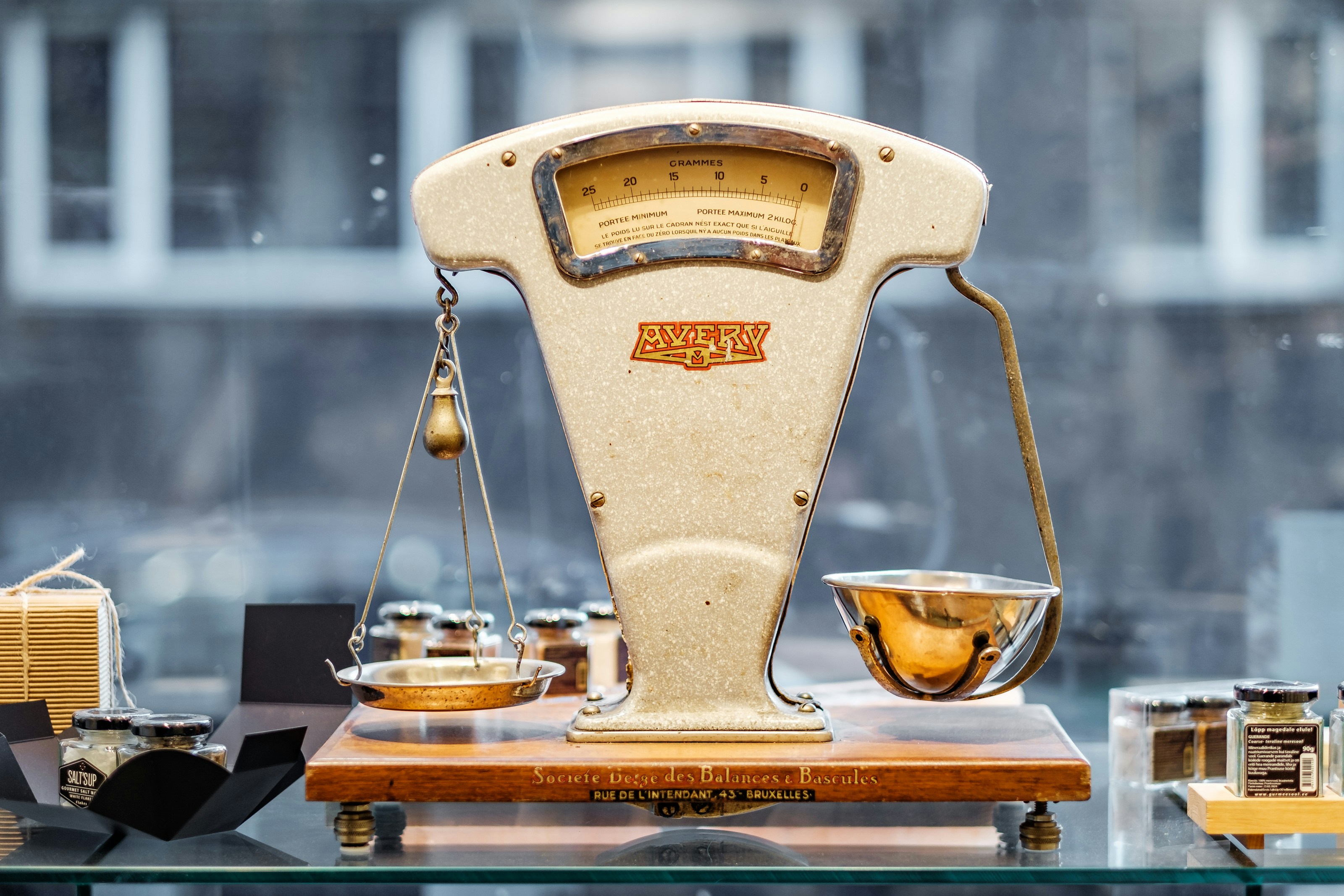In the world of music composition, creativity and originality are paramount. As a composer, your musical works are not just pieces of art; they represent your professional identity and intellectual property. However, in an industry where plagiarism and unauthorized use are prevalent risks, protecting your compositions becomes crucial. One effective way to safeguard your creations is through trademarking.

Understanding Trademarks in Music Composition
Trademarks traditionally protect brand names, logos, and other identifiers that distinguish goods or services. In the context of music composition, trademarks can extend to band names, stage names, album titles, logos associated with a composer or group, and even unique sounds or phrases that identify a particular artist's work.
Why Trademarking Matters for Composers
- Protection Against Unauthorized Use:
Trademarking helps prevent others from using your name or compositions without permission. For instance, if you have trademarked your stage name or band name, it becomes illegal for another entity to perform under the same name without facing legal consequences. - Establishing Professional Identity:
Your professional identity as a composer is closely tied to your brand—your name, logo, and signature sound. A registered trademark provides legal recognition of this identity and ensures that only you can use it commercially. - Building Brand Loyalty:
A trademark helps build trust with your audience by assuring them of the authenticity of your work. When fans see a recognized trademark associated with your music, they know they are getting original content directly from you. - Legal Recourse:
Should any infringement occur—such as another artist using a similar name or copying identifiable elements of your work—a registered trademark gives you the right to take legal action against the infringer.
Steps to Trademark Your Musical Work
Identify What Needs Protection
First, determine what elements of your musical career need protection through trademarks. This could include:
- Your stage name or band name
- Album titles
- Logos associated with your brand
- Unique sounds or phrases (e.g., a signature riff)
Conduct a Trademark Search
Before applying for a trademark, conduct thorough research to ensure that no one else has already claimed similar marks. This step is crucial to avoid potential conflicts and rejections during the application process. You can also check our free tool to see if your brand is registered.
Apply for Trademark Registration
File an application with the relevant national or regional trademark office (e.g., United States Patent and Trademark Office). The application will require detailed information about the mark you wish to register and its intended use in commerce.
Monitor and Enforce Your Trademark
Once registered, actively monitor its usage in the market to detect any unauthorized use promptly. If infringement occurs, be prepared to enforce your rights through legal channels if necessary.
Common Misconceptions About Trademarks in Music
- Trademark vs Copyright:
Many composers confuse trademarks with copyrights. While copyrights protect original works like songs and lyrics from being copied without permission, trademarks protect identifiers such as names and logos used commercially. - Global Protection:
A common misconception is that registering a trademark in one country provides global protection—it does not. To protect your mark internationally, consider filing applications in each country where you plan to operate commercially. - Automatic Protection:
Some believe that simply using a name or logo gives automatic protection; however, formal registration significantly strengthens legal standing should disputes arise.
Conclusion
Trademarking is an indispensable tool for composers seeking to safeguard their musical works and professional identity against unauthorized use and infringement. By understanding what needs protection, conducting thorough searches before registration, applying diligently for trademarks in relevant jurisdictions, and actively monitoring their use in commerce—composers can ensure their creative endeavors remain exclusively theirs while building strong brand recognition among their audience.




.webp)
.webp)
.webp)
.webp)





